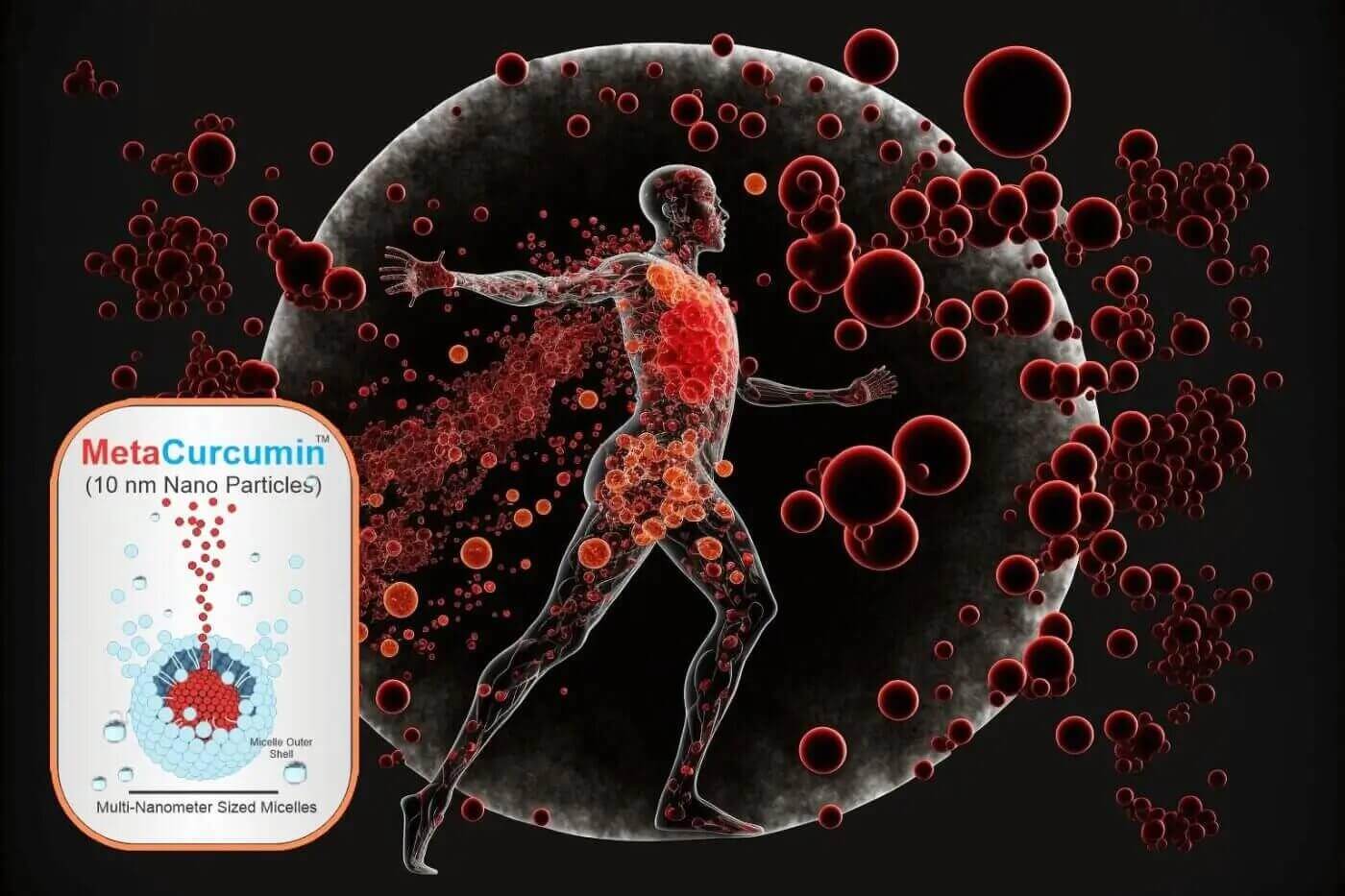Resveratrol Studies: Comprehensive Research on Health Benefits and Scientific Findings
Resveratrol studies have captivated the scientific community for decades, revealing remarkable potential across multiple areas of human health. This polyphenolic compound, naturally occurring in grapes, berries, and other plants, has emerged as a promising subject of research with applications ranging from immune system support to cardiovascular protection. Whether you're a health enthusiast exploring natural compounds or someone seeking evidence-based wellness solutions, understanding the latest resveratrol studies can open doors to transformative health possibilities.
Understanding Resveratrol: What Scientific Studies Reveal
Recent resveratrol studies have uncovered fascinating mechanisms through which this compound interacts with our bodies at the cellular level. Found abundantly in red grape skins, Japanese knotweed, and peanuts, resveratrol belongs to a class of compounds called stilbenes. Research indicates that its molecular structure allows it to activate specific proteins involved in cellular health and longevity, particularly sirtuins, which play crucial roles in aging processes.
Scientists conducting resveratrol studies have identified its ability to cross the blood-brain barrier, interact with multiple cellular pathways, and demonstrate both antioxidant and anti-inflammatory properties. These characteristics make it a versatile compound worthy of extensive investigation across various health domains.
Breakthrough Resveratrol Studies on Immune System Regulation
Groundbreaking research published in Frontiers in Immunology has shed light on resveratrol's sophisticated immunomodulatory effects. This comprehensive study examined how resveratrol influences key immune system components, particularly macrophages and dendritic cells.
The findings suggest that resveratrol helps maintain immune balance by:
- Modulating inflammatory responses without suppressing beneficial immune functions
- Supporting the body's natural defense mechanisms against oxidative stress
- Promoting healthy communication between immune cells
- Helping regulate cytokine production for optimal immune response
These resveratrol studies indicate that regular supplementation might support individuals dealing with immune challenges or those simply wanting to maintain robust immune health throughout their lives.
Neuroprotective Benefits: What Resveratrol Studies Show
The brain health implications of resveratrol have become increasingly clear through rigorous scientific investigation. A pivotal study in Molecular Neurobiology revealed resveratrol's remarkable effects on glial cells, the unsung heroes of brain health that support and protect neurons.
Key neuroprotective findings from resveratrol studies include:
- Enhanced cognitive function: Research participants showed improvements in memory and learning tasks
- Reduced neuroinflammation: Resveratrol helped decrease inflammatory markers in brain tissue
- Protection against oxidative damage: The compound demonstrated powerful antioxidant effects in neural cells
- Support for healthy aging: Studies suggest potential benefits for age-related cognitive decline
These discoveries offer hope for individuals concerned about maintaining sharp mental faculties as they age or those with family histories of neurodegenerative conditions.
Cardiovascular Health and Resveratrol: Evidence from Clinical Studies
The connection between resveratrol and heart health has been extensively documented in scientific literature. The famous "French Paradox" – the observation that French populations have relatively low rates of heart disease despite consuming rich foods – sparked initial interest in resveratrol studies focusing on cardiovascular benefits.
A comprehensive analysis published in a recent medical textbook consolidates decades of research showing that resveratrol supports cardiovascular health through multiple mechanisms:
- Improved endothelial function: Resveratrol helps blood vessels maintain flexibility and proper dilation
- Reduced LDL oxidation: Studies show decreased oxidation of harmful cholesterol particles
- Anti-platelet effects: The compound may help prevent excessive blood clotting
- Blood pressure regulation: Some studies indicate modest reductions in blood pressure
- Enhanced mitochondrial function: Supporting cellular energy production in heart muscle
Skin Health Revolution: Resveratrol Studies on Dermatological Benefits
The beauty and skincare industry has taken notice of compelling resveratrol studies demonstrating significant benefits for skin health. Research published in the Journal of Functional Foods reveals how this compound addresses multiple aspects of skin aging and various dermatological concerns.
Resveratrol studies have documented impressive results for:
- Collagen protection: Preserving skin elasticity and firmness
- UV damage defense: Providing photoprotective effects against sun exposure
- Reduced inflammation: Calming irritated or sensitive skin conditions
- Enhanced skin barrier function: Supporting the skin's natural protective mechanisms
- Antioxidant protection: Neutralizing free radicals that accelerate aging
These findings suggest that both topical application and oral supplementation of resveratrol can contribute to healthier, more youthful-looking skin.
Metabolic Health and Weight Management: Insights from Resveratrol Studies
Emerging resveratrol studies have explored its potential role in metabolic health and weight management. Research indicates that resveratrol may activate SIRT1, a protein involved in regulating metabolism and energy expenditure. Studies have shown promising results in areas such as:
- Improved insulin sensitivity in individuals with metabolic challenges
- Enhanced fat oxidation during exercise
- Support for healthy blood sugar levels
- Potential benefits for maintaining healthy body composition
These metabolic effects make resveratrol an intriguing compound for those seeking natural support for weight management and metabolic health optimization.
Dosage and Bioavailability: What Resveratrol Studies Tell Us
Understanding optimal dosing has been a crucial focus of resveratrol studies. Research indicates that bioavailability can vary significantly based on formulation and delivery method. Key findings include:
| Dosage Range | Research Application | Observed Benefits |
|---|---|---|
| 150-500 mg daily | General health support | Antioxidant effects, mild cardiovascular benefits |
| 500-1000 mg daily | Targeted health goals | Enhanced metabolic support, cognitive benefits |
| 1000+ mg daily | Therapeutic applications | Significant anti-inflammatory effects, research protocols |
RevGenetics: Pioneering Excellence in Resveratrol Research and Supplementation
Since 2007, RevGenetics has established itself as a trusted leader in resveratrol research and high-quality supplementation. The company recognized early on the transformative potential revealed by resveratrol studies and committed to providing research-grade supplements to universities, research institutions, and health-conscious individuals worldwide.
RevGenetics' 500 mg resveratrol capsules represent the gold standard in purity and potency, formulated based on the latest scientific findings. Their dedication to quality ensures that each capsule delivers the therapeutic doses shown effective in clinical studies, making the benefits of resveratrol accessible to everyone seeking optimal health.
Taking Action: Your Journey with Resveratrol Begins Today
If you've noticed the subtle signs of aging creeping in, or if inflammaging has become a concern, incorporating high-quality resveratrol supplementation into your daily routine could mark a turning point in your health journey. The accumulated evidence from resveratrol studies points to a compound with remarkable potential to support healthy aging, vibrant energy, and overall wellbeing.
RevGenetics makes it simple to harness these benefits with their scientifically formulated resveratrol supplements. By choosing RevGenetics, you're not just purchasing a supplement; you're investing in decades of research and a commitment to your long-term health. Explore RevGenetics' premium resveratrol supplements today and take your first step toward a healthier, more vibrant future.
Future Directions in Resveratrol Studies
The scientific community continues to explore new frontiers in resveratrol research. Ongoing studies are investigating:
- Synergistic effects with other polyphenols and nutrients
- Novel delivery systems for enhanced bioavailability
- Personalized dosing based on genetic factors
- Applications in sports performance and recovery
- Potential roles in supporting healthy gene expression
As research progresses, we can expect even more exciting discoveries about this remarkable compound and its applications for human health.
Frequently Asked Questions About Resveratrol Studies
What do resveratrol studies say about the best time to take supplements?
Research indicates that resveratrol can be taken at any time of day, but many studies suggest taking it with a meal containing healthy fats can enhance absorption. Some individuals prefer morning doses for energy support, while others take it in the evening for its potential sleep quality benefits. The key is consistency in timing to maintain steady blood levels.
How long does it take to see results from resveratrol according to studies?
Clinical studies show that some benefits, such as improved antioxidant status, can occur within days to weeks. However, more significant effects on cardiovascular health, cognitive function, or metabolic parameters typically require 8-12 weeks of consistent supplementation. Long-term studies suggest that continued use provides cumulative benefits over months and years.
Are there any interactions between resveratrol and medications that studies have identified?
Research has identified potential interactions with blood-thinning medications, as resveratrol may enhance their effects. Studies also suggest possible interactions with certain medications metabolized by liver enzymes. Always consult with a healthcare provider before starting resveratrol supplementation, especially if you take prescription medications.
What do resveratrol studies reveal about its safety profile?
Extensive safety studies have shown that resveratrol is well-tolerated by most individuals at doses up to 1000 mg daily. Some studies using very high doses (above 2000 mg) reported mild gastrointestinal effects in some participants. The compound has been granted Generally Recognized as Safe (GRAS) status for use in foods and supplements.
How do resveratrol studies compare natural food sources versus supplements?
While foods like red grapes and berries contain resveratrol, studies show that achieving therapeutic doses through diet alone is challenging. For example, you would need to consume hundreds of glasses of red wine to match the resveratrol content in a single 500 mg supplement. Research supports supplementation as the most practical way to obtain clinically relevant doses.
What age groups benefit most from resveratrol according to studies?
Research shows benefits across all adult age groups, but studies particularly highlight advantages for individuals over 40 when natural antioxidant defenses begin declining. Young adults may benefit from its exercise recovery and metabolic support properties, while older adults often experience more pronounced benefits for cardiovascular and cognitive health.
Do resveratrol studies support its use for athletic performance?
Emerging research suggests resveratrol may enhance exercise performance by improving mitochondrial function and reducing exercise-induced oxidative stress. Studies have shown benefits including improved endurance, faster recovery times, and reduced muscle damage markers. Athletes particularly value its anti-inflammatory properties for supporting intense training regimens.
What manufacturing standards should I look for based on resveratrol studies?
Studies emphasize the importance of purity and standardization in resveratrol supplements. Look for products that specify trans-resveratrol content (the active form), third-party testing for purity, and manufacturing in GMP-certified facilities. Companies like RevGenetics that supply research institutions typically maintain the highest quality standards.
How do resveratrol studies address concerns about bioavailability?
Research has identified several strategies to enhance resveratrol bioavailability, including micronization, combination with piperine (black pepper extract), and lipid-based delivery systems. Studies show that despite relatively low bioavailability, resveratrol still produces significant biological effects, possibly due to its metabolites and interactions with gut microbiota.
What do long-term resveratrol studies reveal about sustained use?
Long-term studies spanning several years have shown that continuous resveratrol supplementation maintains its beneficial effects without tolerance development. Research indicates that prolonged use may provide cumulative benefits for healthy aging, with some studies showing improved markers of biological age. Safety profiles remain excellent even with years of consistent use.
The wealth of scientific evidence from resveratrol studies continues to grow, painting an increasingly clear picture of its potential to support human health across multiple dimensions. From immune system modulation to neuroprotection, cardiovascular support to skin health, resveratrol stands out as a compound worthy of attention for anyone committed to optimizing their health and longevity. With trusted suppliers like RevGenetics making research-grade resveratrol accessible, there has never been a better time to incorporate this remarkable compound into your wellness routine.





